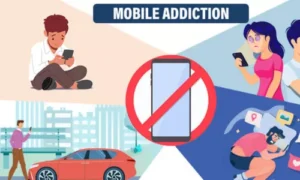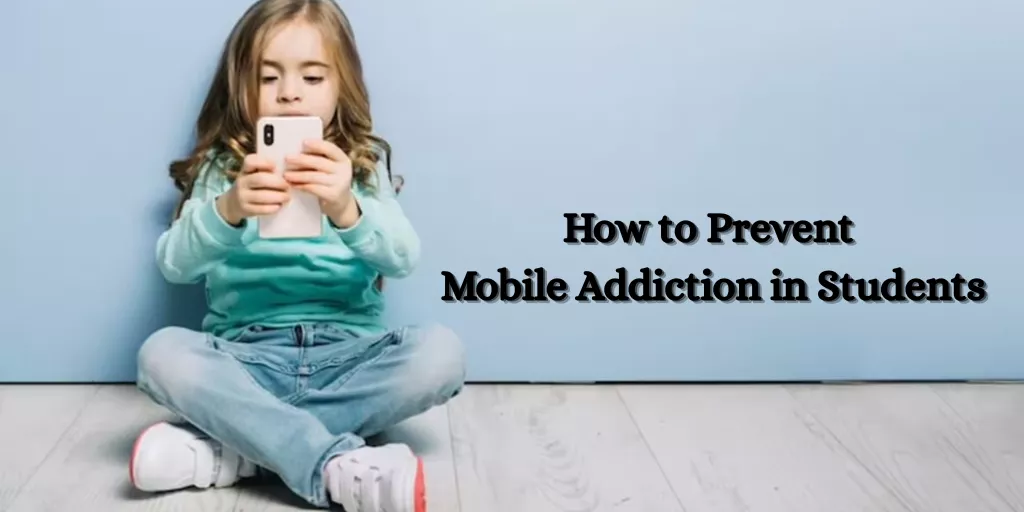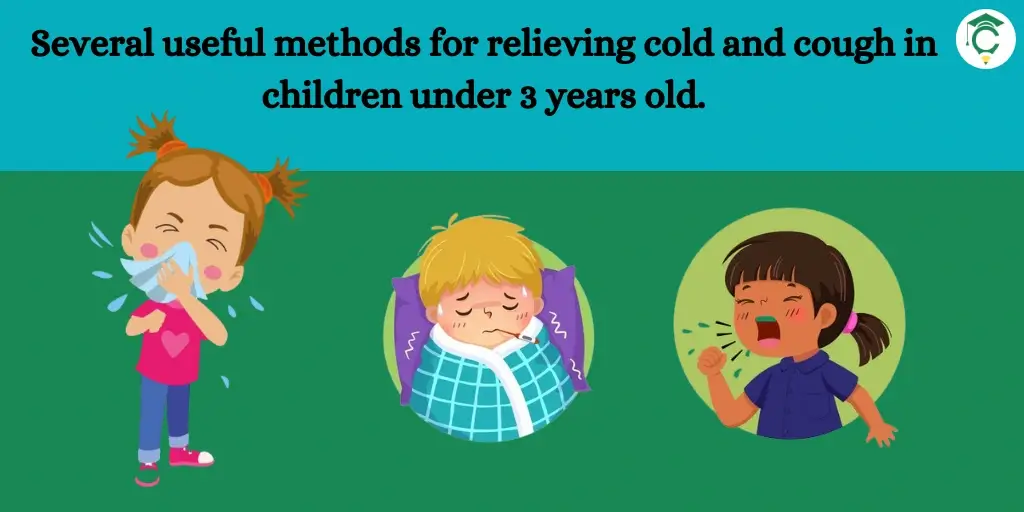In today’s digital world, mobile phones are an integral part of our daily lives. Students frequently utilise them to learn online and communicate with friends. However, excessive phone use can lead to mobile addiction, which causes concern among many parents and teachers.
Also See: AI in Education
What is Mobile Addiction?

Mobile addiction is defined as the excessive and uncontrolled use of smartphones, which harms a student’s academic performance, mental health, and social life. Students may feel worried or restless if they are removed from their phones, continually check notifications, or use their gadgets during study sessions or meals.
Causes of Mobile Addiction in Students

1. Social Media Pressure – Platforms such as Instagram, YouTube, and TikTok may keep a student’s attention for hours.
2. Online Games – Competitive gaming and fast rewards make it difficult to resist.
3. Fear of Missing Out (FOMO) – Students are concerned about losing out on information from peers or current trends.
4. Lack of Outdoor Activities – Reduced physical and social activities promote mobile reliance.
5. Parental Overuse – Children frequently imitate their parents’ mobile behaviours.
Signs of Mobile Addiction

- Constantly checking the phone, even when there are no notifications.
- Difficulty focusing on studies or domestic chores.
- Irritation when the phone is removed.
- Academic achievement is declining.
- Late-night phone use disturbs sleep habits.
The Negative Effects of Mobile Addiction

1. Poor Concentration – Constant notifications detract from studying.
2. Sleep Disorders – Screen light disrupts sleep quality.
3. Mental Health Concerns – Anxiety, depression, and stress can worsen.
4. Reduced Physical Activity – Causes obesity and poor posture.
5. Weak Social Skills – As online engagement expands, real-life interactions decrease.
How Parents Can Help

- Set Time Limits: Make a daily schedule that limits mobile usage.
- Encourage Hobbies: Encourage kids to read, play sports, and learn new things.
- Be a role model: Use a balanced phone yourself.
- Create Tech-Free Zones: Avoid using phones during meals and family time.
- Monitor App Usage: Track screen time with parental control tools.
How Teachers Can Help

- Incorporate Digital Discipline: Limit phone use to academic purposes.
- Encourage interactive learning by using technology in imaginative ways to keep students engaged.
- Encourage Offline Activities: Plan outside games, debates, and art workshops.
- Educate Students About Digital Health: In class, discuss the advantages and disadvantages of using technology.
When to Seek Professional Help:
If a student exhibits symptoms of depression, isolation, or academic decline as a result of excessive phone use, they should see a child psychologist or counsellor. Early intervention can aid the youngster in regaining equilibrium.
Conclusion
Mobile phones are great tools when used properly, but they can be harmful when overused. Parents and teachers play a critical role in helping adolescents develop appropriate digital habits. By raising awareness, establishing boundaries, and encouraging meaningful activities, we may guarantee that technology promotes rather than hinders learning.






